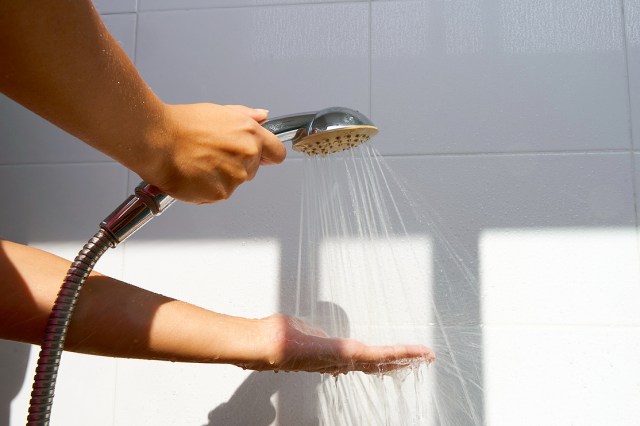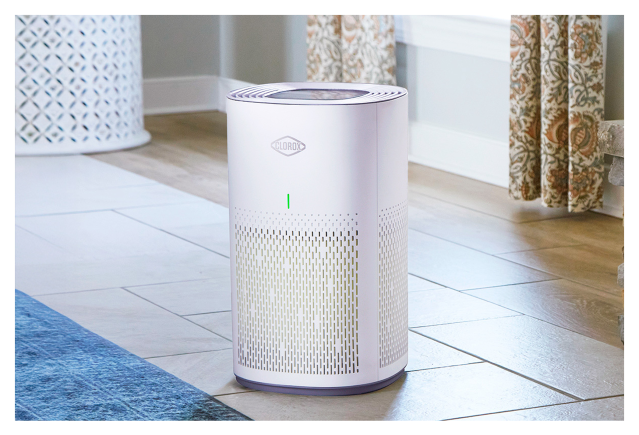Running water is necessary for everyday life, but with the rising cost of living, avoiding inflated prices has become a challenge. The average U.S. water bill has risen almost 51% in the past decade, leaving many trying to figure out ways to cut corners to save money. Despite how difficult it can be to squeeze savings out of your water bill, you can take some simple steps to be more water-efficient.
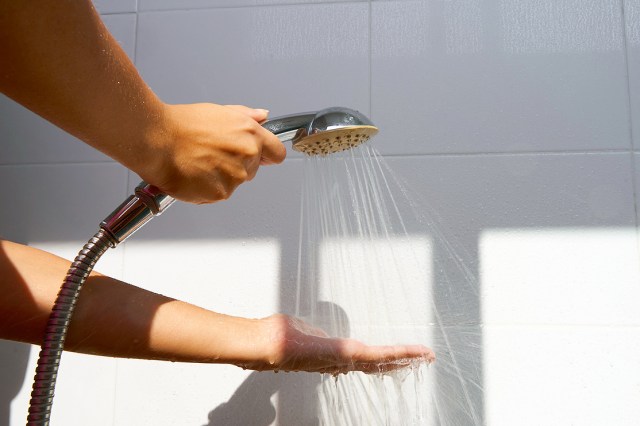
Take Shorter and Colder Showers
The average shower uses five to seven gallons of water per minute, while heating water makes up around 18% of annual utility bills. This means you can save a lot if your showers are just five minutes quicker and a bit colder. You don’t have to give up a comfortably steamy shower in favor of freezing temperatures, but the colder and shorter you can endure, the cheaper it is.
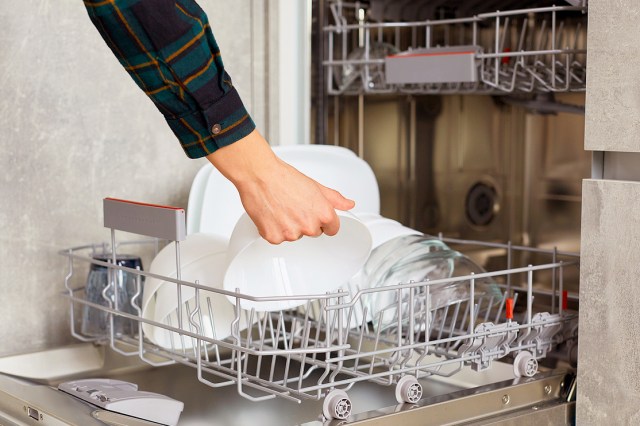
Don’t Wash Dishes By Hand
Rethink doing your dishes by hand. The average dishwasher only requires 3.5 gallons per load compared to the 27 gallons of water it takes to wash family dishes by hand every night. The U.S. Department of Energy says households can save upwards of 8,000 gallons annually by forgoing hand-washing dishes in favor of the dishwasher. Of course, some things will still need to be hand washed, so be sure to only use dishwasher-safe dishware in your dishwasher.

Replace Old Toilets
Older toilets use around four times more water per flush than newer models, so a replacement can save you big in the long run. The average toilet needs to be replaced every 10 to 15 years, so it’s best to act now if you’re overdue for a replacement. Plumbing problems can also add to your water bill, particularly a leaky toilet, which can waste up to 200 gallons of water daily. If you’re concerned that your toilet may be leaking, put a small amount of food coloring into the toilet tank and see if it seeps into the bowl.
Reader Favorites

Start Composting
Garbage disposals require a lot of water to function. Start a compost pile in your kitchen instead of wasting water to break down food scraps. Compost piles are an excellent method for enriching the soil in your garden and cultivating healthier plants — all with the added benefits of saving big on your monthly water bill.
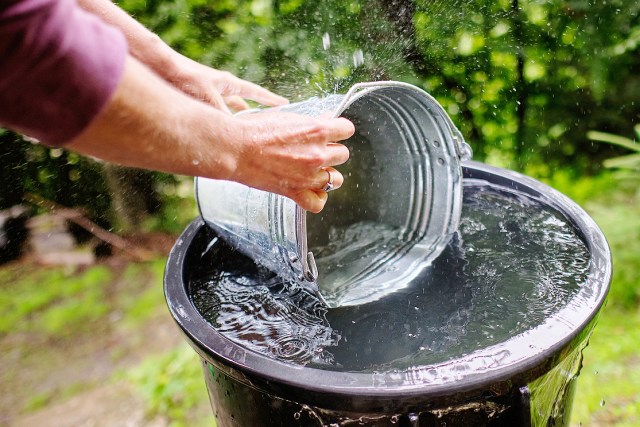
Collect Your Rainwater
If you live in a state where it is legal to harvest rainwater, it’s a great way to reduce your water usage. You can use collected rainwater for outdoor chores, such as watering the lawn and cleaning your car, instead of the hose. Harvesting rainwater may also help lessen the risk of sewer overflow, which means you would also be helping out your community. To start collecting rainwater, simply place weighted buckets with metal screens over the top underneath your gutters. After a rainfall, transport water into larger storage containers or use it immediately.
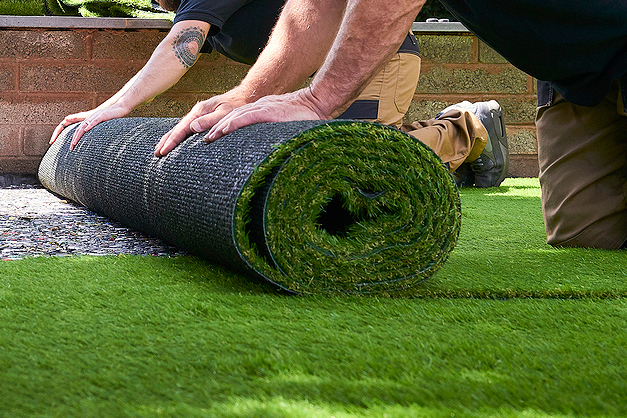
Install Artificial Turf
Purchasing artificial turf may be a sizable upfront cost, but doing so will ultimately save you time and money. Natural lawns may need to be watered as often as once a week during hot weather. However, since artificial turf does not require watering, homeowners save as much as 70% on annual water bills.
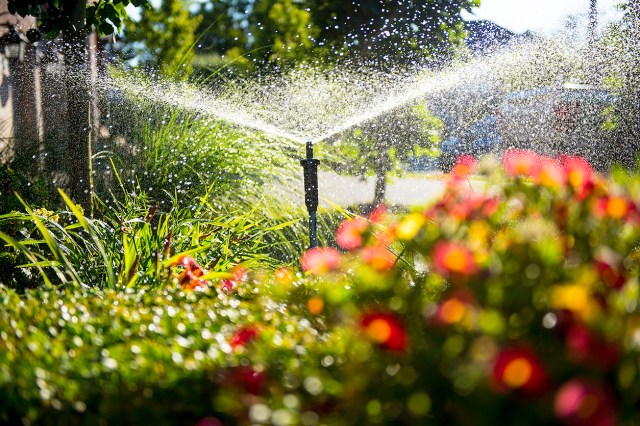
Use Greywater
Greywater refers to water previously used for washing dishes, doing laundry, bathing, and other household chores. While greywater is unfit for human consumption, it can be captured in buckets and repurposed for filling toilet tanks and outdoor irrigation.
Featured Image Credit: Kateryna Kukota/ iStock
More From Our Network
Better Report is part of Inbox Studio, which publishes content that uplifts, informs, and inspires.

